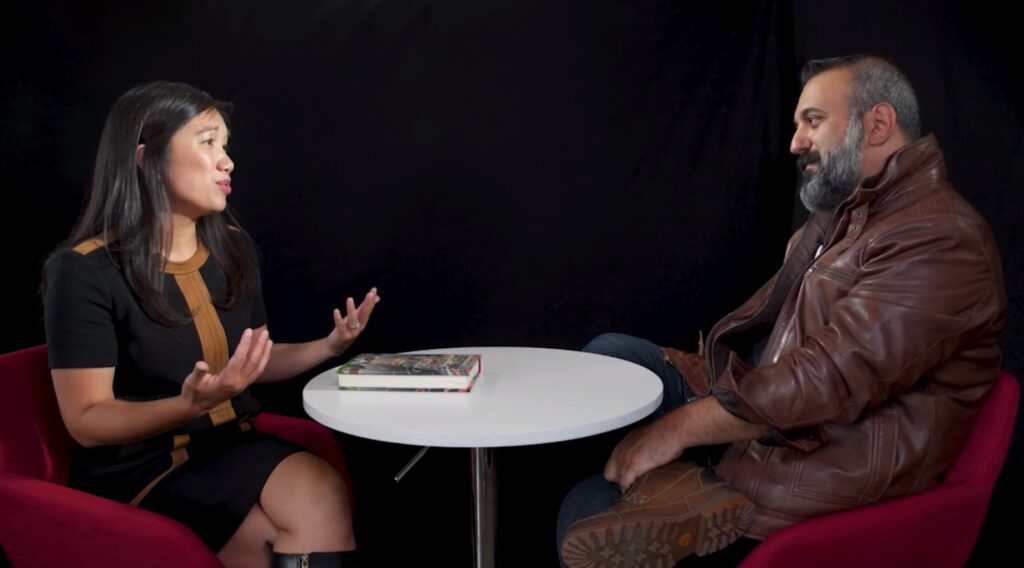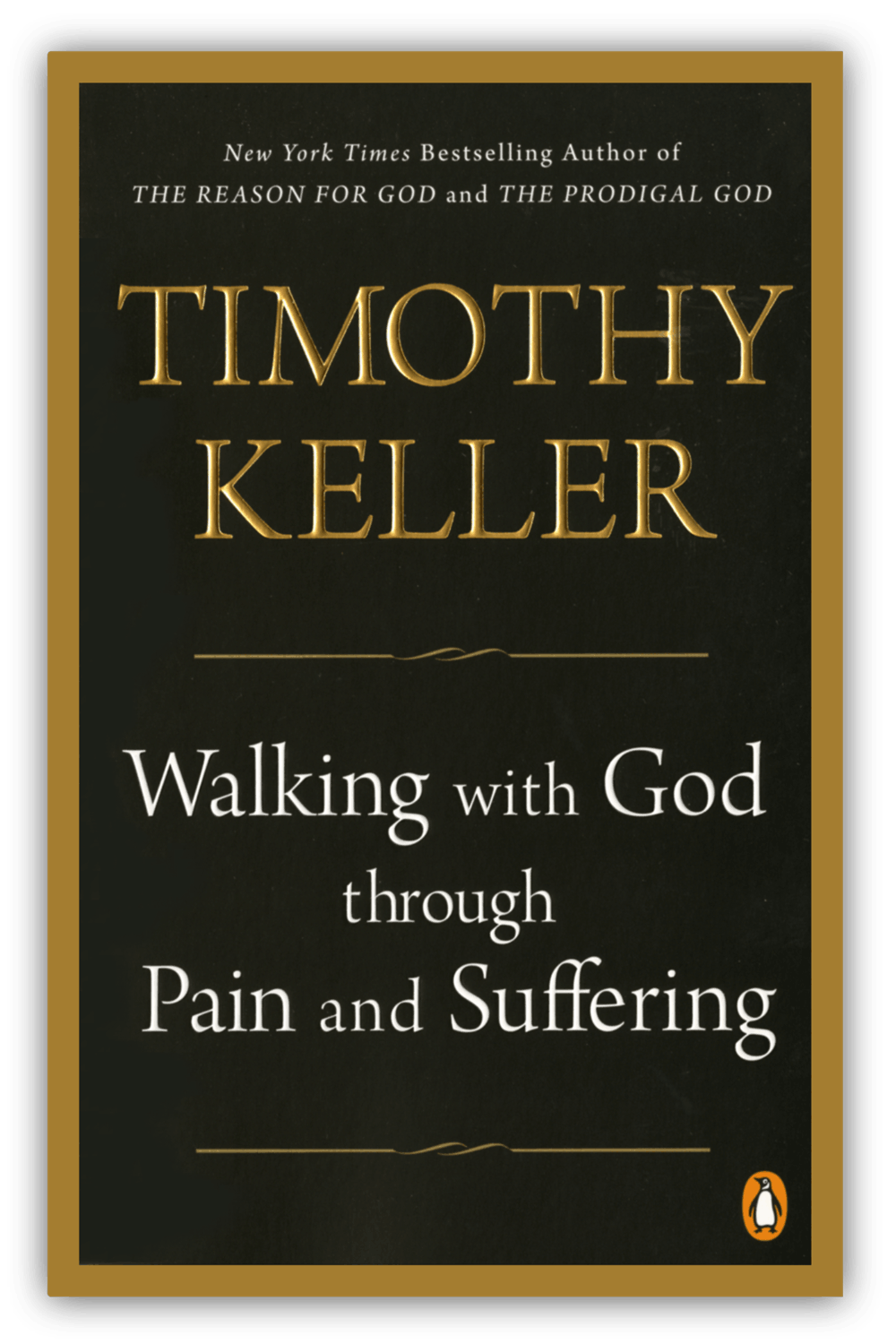Therefore, as God’s chosen people, holy and dearly loved, clothe yourselves with compassion, kindness, humility, gentleness and patience. Bear with each other and forgive one another if any of you has a grievance against someone. Forgive as the Lord forgave you. And over all these virtues put on love, which binds them all together in perfect unity. Let the peace of Christ rule in your hearts, since as members of one body you were called to peace. And be thankful.
Colossians 3:12-15
The Grace & Race ministry at Redeemer seeks to grow the church’s awareness of racial and ethnic differences and embrace the gospel call to redeemed relationships across ethnic and racial barriers in order to experience the richness of human community made whole in Christ. This reflection shares the story of one individual’s journey in this space.
When I first began attending Redeemer in the late 1990s, I didn’t know anyone. I found myself slipping into the back of Hunter College’s auditorium and leaving right after the service, not speaking to any other congregants. But I wanted to meet others, and so I signed up for a community group (CG) in New York’s Harlem neighborhood. I had been born and raised in Nigeria to Nigerian and Northern Irish parents, and because of the CG’s location I was hopeful this group might have some Black people in it, though I saw very few on Sundays. When I joined my CG, I was amazed, for God had led me to a CG that was part of the Racial Unity Ministry (RUM). The group was intentionally multi-racial and multicultural and sought to foster authentic Christ-centered relationships where each of us was known and valued.
Our CG was incredibly diverse. We had several African Americans, a Puerto Rican, an Australian, someone from China, a handful of white Americans, and me.
The Racial Unity Ministry (RUM), which my CG was part of, had been created by a group of individuals at Redeemer, spearheaded by the first African American to work at Redeemer, Elvon Reed, who together with some like-minded friends, began to organize sessions where they could speak intimately and candidly about their cultural contexts and the topic of race. These were first called “Crossing Barriers Sessions,” then came to be called “Do Justice, Love Mercy” prior to becoming known as the RUM.
RUM had two primary goals. The first was to provide intentionally cross-racial, cross-ethnic community groups so Christians could walk alongside each other in a multicultural context, crossing racial barriers and learning to speak about issues without being easily offended. The second goal was to raise awareness of the importance of living out the gospel across race and ethnicity within the context of a church body. RUM had upwards of five CGs running simultaneously during this time (including mine), and for several years planned an annual church-wide retreat over the weekend of Dr. Martin Luther King, Jr. Day, emphasizing worship, small group facilitation and building authentic friendships across racial and ethnic lines.
In Colossians 3:12-15, Paul exhorts believers to a deep and authentic unity. This is no general admonition to unity, but a specific admonition to unity where the natural barriers of race so clearly manifest themselves. Read in this way, this text brings home a powerful message to a church divided along the lines of race. The gospel unites all of God’s people, bringing them together into one Body, despite the divisions with which we live in a fallen world. When the gathered people of God reflect the power of the gospel to transform all cultures and unite all peoples in the worship of their Creator and Savior, then the gospel is powerfully represented and the Lord is greatly glorified.
I saw this gospel at work through my CG. From the first meeting, the group warmly embraced me and I came to experience the unconditional love of being a sister in this new church family. For instance, when my father suddenly died nine months after I joined the group, they chipped in funds to help me fly home to Nigeria to attend his funeral, helped me pack my bags, and then drove me to the airport! Their kindness astounded me. But beyond friendship, this group and the presence of RUM as a ministry offered me a deep sense of belonging as the multicultural person of African descent that I was in a church that was largely white and Asian American.

It’s hard to overstate the importance of belonging in a church family. As Christians, our primary identity is as beloved children of God, made possible by Jesus’ death and resurrection. But the reality is that in a world marred by racism and other structural sin, so often we fear or misunderstand ‘the other,’ are blind to our privilege (if we have it), and are hesitant to or unsure of how to genuinely engage with one another across racial and ethnic differences. In my case, having the opportunity to be in community week in and week out with a group of people from different ethnic, cultural and racial backgrounds than my own in my CG signaled to me that Redeemer was a church I could call home.
Over time RUM evolved into the Grace & Race ministry, which I had the privilege of serving in. The Grace & Race ministry seeks to embrace the gospel call to redeemed relationships across ethnic and racial barriers. Today it serves as a network and resource hub to support the ongoing racial education, conversation, and relationship-building initiatives happening at each of the Redeemer congregations.
Though it’s difficult to measure the impact of Grace & Race in the Redeemer community beyond individual anecdotes, I would like to suggest it has not been insignificant. I believe the presence of Grace & Race has contributed to Redeemer having a much more ethnically diverse group of pastors across the congregations, especially noticeable in the last 5-10 years. And in my story, it began by fostering a deep sense of belonging, but went on to play a key role which enabled me to thrive and remain at Redeemer for 18 years, during which time I became a CG Director and then served in a role overseeing all the CGs at the West Side congregation.
As Christians, our primary identity is as beloved children of God, made possible by Jesus’ death and resurrection. But the reality is that in a world marred by racism and other structural sin, so often we fear or misunderstand ‘the other,’ are blind to our privilege (if we have it), and are hesitant to or unsure of how to genuinely engage with one another across racial and ethnic differences.
No church or ministry is perfect, and the goal of the ministry is, just as it was for RUM and my CG, to edify the body of Christ through the discussion of race and multiculturalism, and the bridging of multi-racial and multi-ethnic relationships. Conversations about racism in a Christian setting can often be the elephant in the room that we’re reluctant to talk about even though our God is passionate about justice. Grace & Race sought to create safe spaces for discussions about race and racism to take place by hosting various church-wide events. One memorable evening was the New York launch of John Piper’s book, Bloodlines, which featured a three-way conversation with Piper, Tim Keller and Anthony Bradley. These kinds of public conversations, done with humility and in a spirit of learning, gave me a glimpse and a taste of the Revelation 7:9 church that Jesus makes possible. They affirmed my hope that a body of believers from every tribe, tongue, nation and family could begin to be realized on earth as it will be in heaven, and that my church was committed to playing a part in this. For more information about the Grace & Race ministry, visit graceandrace.com.




